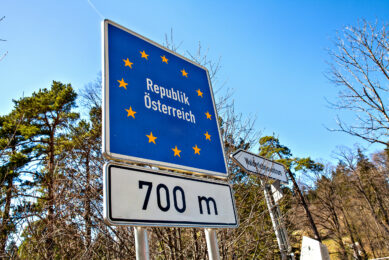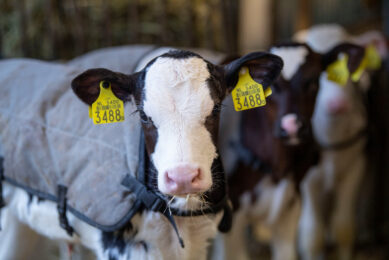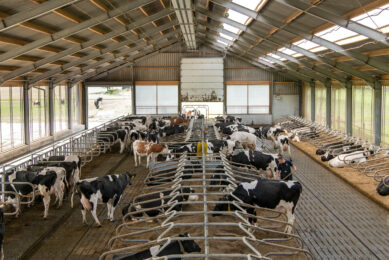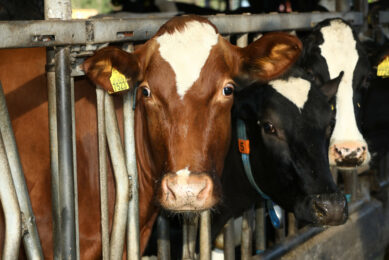Belgium makes Bluetongue and EHD vaccine compulsory
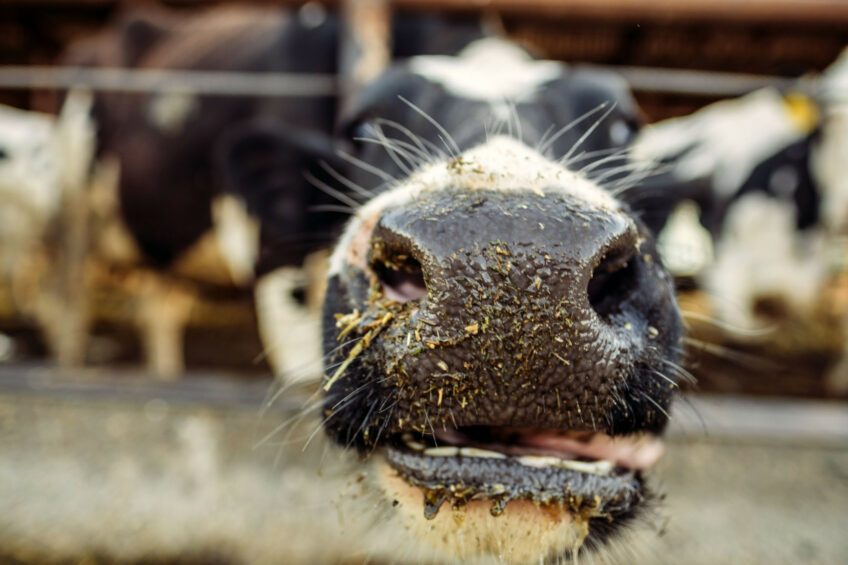
Belgium makes vaccination against Bluetongue serotype 3 and Epizootic Haemorrhagic Disease (EHD) compulsory from 1 January 2025 – and farmers will have to pay for it themselves.
Those farming cattle and sheep are obligated to vaccinate their animals against BTV 3 and 8 while farmers with cattle have to inoculate those animals against EHD. The Belgian government doesn’t supply free vaccines, as is the case in France, so farmers have to pay all costs themselves.
Vaccine against cattle diseases
Since May this year, Belgian livestock farmers are allowed to vaccinate their animals against BTV 3, a disease which has spread rapidly in the country. So far, that vaccination is on a voluntary basis. “After several months of the epidemic, we have to conclude that voluntary vaccination has not been able to contain the impact of the disease sufficiently,” the federal department of agriculture in Brussels says.
The country is now also under threat from BTV serotype 8 as well as EHD, livestock diseases that currently are spreading rapidly in neighbouring country France, with over 6,000 cases of BTV 3 and EHD each at the end of October.
From now on, animals in Belgium can be vaccinated against all 3 diseases, the department announced. Belgium recently has approved the use of a vaccine against EHD for cattle while vaccines against BTV 3 and 8 were already available in the country.
The vaccines will be distributed via the usual circuits for the distribution of medicines and have to be applied following the protocol of the federal agency for medicines and health products FAGG. The authorities “realise that there is a lack of information about these vaccines” and will try to offer more information to vets and cattle holders about the vaccines “which have been approved urgently because of the rapid spread of these diseases”.
Protection for livestock and economic future
Agriculture minister David Clarinval says: “Vaccination is our first line of defence against epidemics. It not only offers an essential protection of our livestock but also a guarantee for the economic future of the whole agricultural sector. By deploying strict prevention, in combination with facilities for the livestock holders, we ensure the resilience of our farms and the health and safety of our country.”
The minister added that he met with representatives of the farmers union “in order to reply to their request for action”. As a result of the meeting, the minister has made a commitment to make vaccination against these diseases compulsory in 2025. “Against this vector diseases, only a large-scale vaccination offers sufficient protection at a national scale by pushing back the circulation of the virus,” the federal department concludes.
Join 13,000+ subscribers
Subscribe to our newsletter to stay updated about all the need-to-know content in the dairy sector, two times a week.



